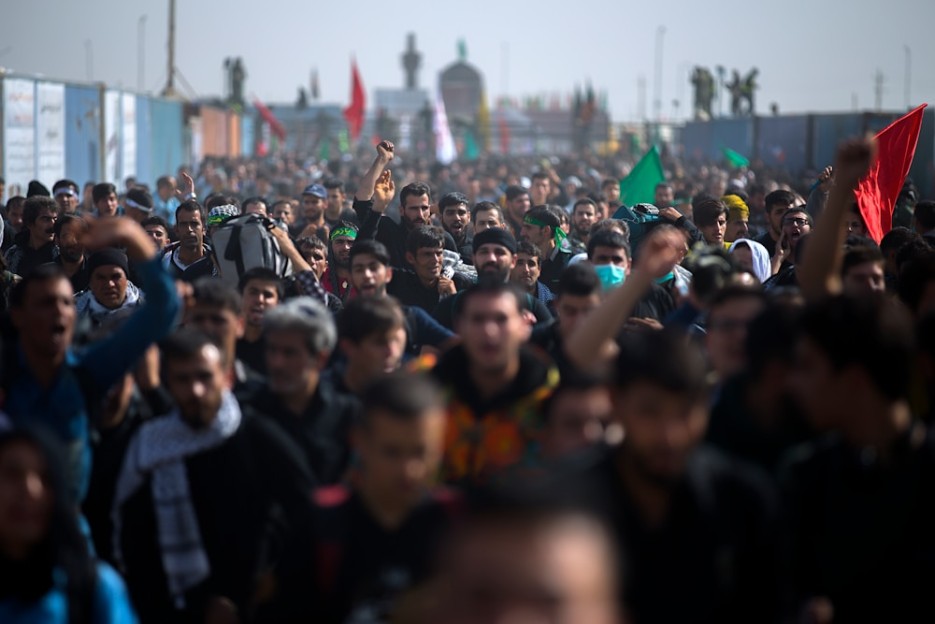
Tensions are flaring in the Middle East once again, with fears of retaliation from Iran against Israel raising concerns of a wider conflict. In this delicate situation, Western powers are turning to China, urging them to leverage their influence with Iran to prevent escalation.
This isn’t the first time China has been called upon to play a mediating role. The nation’s economic ties with Iran, coupled with its foreign policy principle of non-interference, have positioned it as a potential bridge between the West and some volatile regions. But can China truly rise to the challenge and become a successful mediator in the complex geopolitical landscape of the Middle East?
China’s potential as a mediator hinges on several key factors. Firstly, its strong economic relationship with Iran is a double-edged sword. China is a major importer of Iranian oil, and stability in the region is crucial for maintaining a steady flow of this vital resource. Additionally, China has invested heavily in Iran’s Belt and Road Initiative (BRI) infrastructure projects. Conflict would jeopardize these investments. This economic dependence gives China a vested interest in de-escalation.
Secondly, China’s foreign policy principle of non-interference, a cornerstone of its relationship with many developing nations, could be seen as an asset in mediation efforts. Unlike some Western powers with a history of intervention in the region, China can potentially present itself as a neutral party. This perception could allow China to build trust with Iran and facilitate communication between them and the West.
However, China’s approach also has limitations. Its emphasis on non-interference can sometimes translate into a reluctance to hold any party accountable for their actions, potentially hindering progress towards lasting solutions. Additionally, China’s human rights record and its increasingly assertive approach to territorial disputes raise concerns about its long-term commitment to international peace and security.
Furthermore, China’s mediation efforts so far have yielded mixed results. While they have participated in various international conflict resolution efforts, some experts point out a lack of concrete achievements. Critics argue that China prioritizes its own economic interests over promoting democracy and human rights, which are often at the root of regional conflicts.
The upcoming visit by German Chancellor Olaf Scholz to China presents an opportunity for a coordinated approach to de-escalation in the Middle East. If China can demonstrate a genuine commitment to fostering peace and holding all sides accountable, it could establish itself as a credible mediator. This, however, requires a shift from its purely transactional approach to diplomacy and a willingness to address the underlying causes of conflict.
Ultimately, China’s role as a mediator will depend on its ability to balance its economic interests with the need for a rules-based international order. If it can navigate this complex terrain and work constructively with other global powers, China has the potential to play a significant role in fostering peace and stability in the Middle East and beyond.
